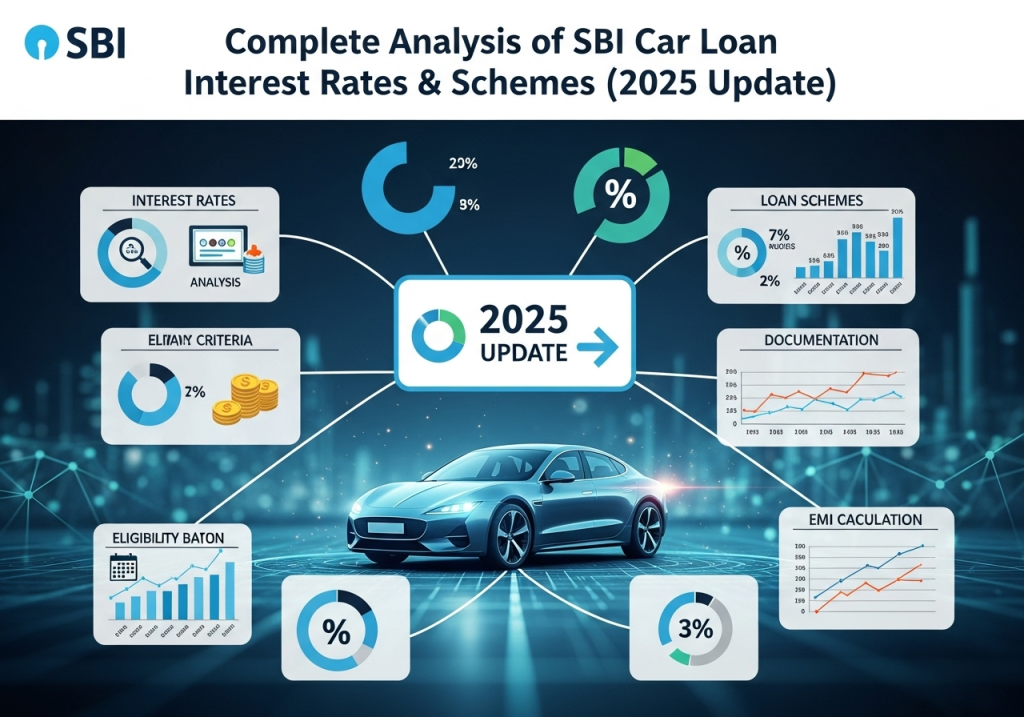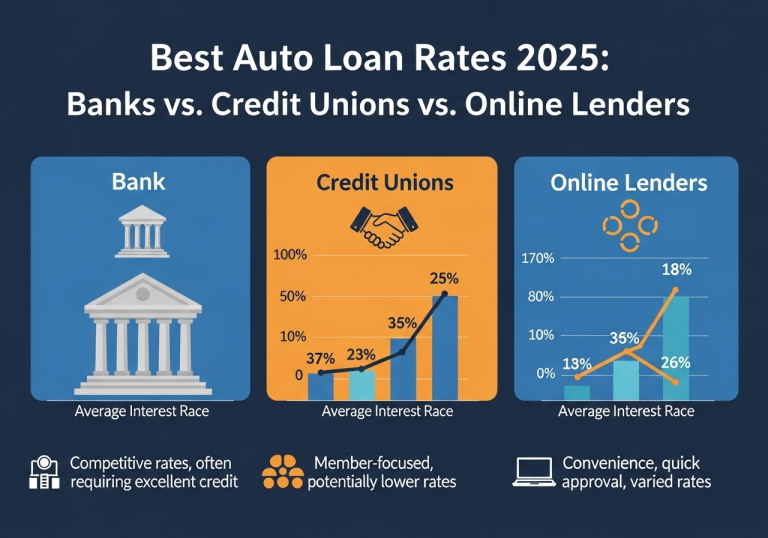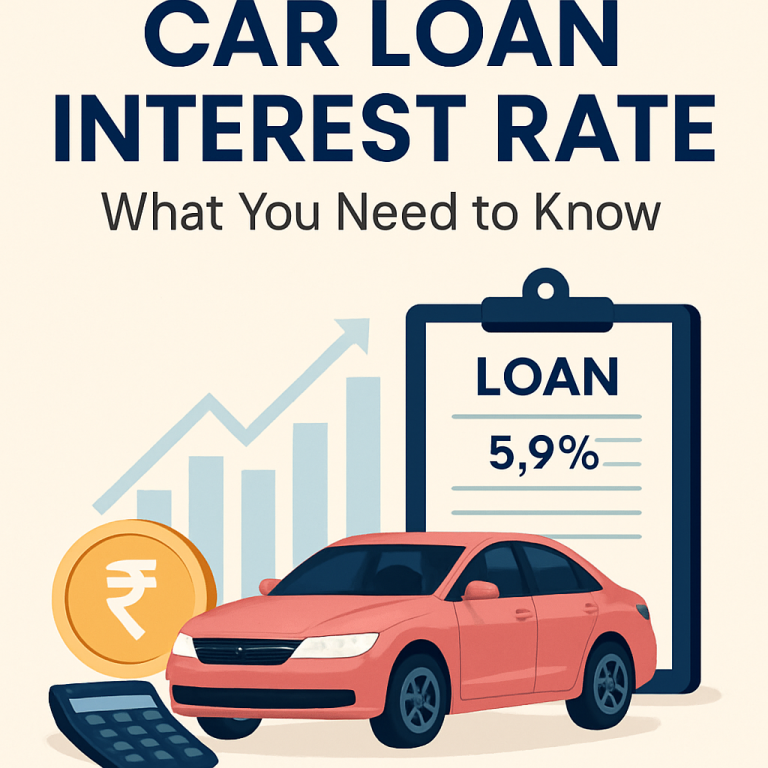Deconstructing the Deal: An Advanced Guide to SBI Car Loan Interest Rates
For the discerning borrower, securing a car loan is not merely about getting an approval; it’s about engineering the most financially advantageous deal. The State Bank of India (SBI), as the nation’s largest lender, presents a labyrinth of options that, if navigated correctly, can lead to significant savings. This in-depth analysis moves beyond the surface-level advertisements to dissect the intricate structure of SBI’s car loan interest rates, empowering you to negotiate from a position of knowledge and strength.
The Cornerstone of Your Rate: The Credit Score Matrix
Your CIBIL or Credit Information Company (CIC) score is the single most critical determinant of the interest rate you will be offered. SBI employs a tiered system where a higher score directly translates to a lower interest rate. This is not a vague guideline but a structured pricing model.
For instance, for new car loans, the interest rates are often pegged to the 1-year Marginal Cost of Funds based Lending Rate (MCLR) plus a spread that varies based on your credit score and the loan tenure. As of recent data, the spectrum of interest rates for new cars can range from approximately 8.65% to 9.95% per annum.[1][2]
Here’s a granular look at how your CIC score can impact the interest rate for a new car loan:
| CIC Score | Interest Rate (3-5 Year Tenure) | Interest Rate (Above 5 Year Tenure) |
| 800 & above | 9.00% | 9.10% |
| 775 – 799 | 9.15% | 9.25% |
| 757 – 774 | 9.25% | 9.35% |
| 721 – 756 | 9.50% | 9.60% |
| 700 – 720 | 9.75% | 9.85% |
| 650 – 699 | 9.85% | 9.95% |
Note: These rates are indicative and linked to the MCLR, which is subject to periodic revision. Always verify the current rates.
This transparent structure underscores the importance of maintaining a healthy credit history. A score of 775 or higher is your ticket to the most competitive rates.[1][3]
Beyond the Standard: A Deep Dive into SBI’s Car Loan Schemes
SBI offers a portfolio of car loan products, each designed with a specific borrower profile in mind. Understanding the nuances of each can unlock preferential terms.
- SBI New Car Loan Scheme: The flagship product for new passenger vehicles, Multi-Utility Vehicles (MUVs), and SUVs. It offers financing of up to 90% of the ‘On-Road Price’.[4] The on-road price comprehensively includes registration, insurance, and even optional extras like extended warranty or a service package.[4]
- Certified Pre-Owned Car Loan Scheme: Tailored for used vehicles, this scheme carries a higher interest rate, typically ranging from 11.25% to 14.75%.[1] The age of the vehicle is a critical factor here, with SBI generally financing cars up to 8 years old.[5] The repayment tenure is also linked to the car’s age.[5]
- SBI Loyalty Car Loan Scheme: This is a strategic offering for existing SBI home loan customers.[6] The key advantage here can be leveraging the existing property as security, potentially leading to a more favorable interest rate and, in some cases, a higher loan amount—up to 75% of the property’s market value minus the outstanding home loan.[6]
- SBI Green Car Loan: To promote sustainable choices, this scheme for electric vehicles often features a concession of around 20 basis points (0.20%) on the interest rate compared to regular car loans, with rates potentially ranging from 8.60% to 9.30%.[1][5] The repayment tenure for green loans can also be extended up to 8 years.[5]
- SBI Assured Car Loan Scheme: This product is designed for existing term deposit customers, offering a loan against the security of their fixed deposit.[4]
The Total Cost of Acquisition: Deconstructing All Charges
A sophisticated borrower looks beyond the headline interest rate to the total cost of the loan. Here are the other financial components to factor in:
- Processing Fee: For new car loans, SBI typically charges a percentage of the loan amount, which can be around 0.40% to 0.51%, often with a minimum and maximum cap.[3][7] For example, a common structure is 0.40% of the loan amount, with a minimum of Rs. 1000 and a maximum of Rs. 7500, plus GST.[8]
- Penal Interest: In case of a default on your Equated Monthly Instalment (EMI) that exceeds the installment amount for a month on loans above Rs. 25,000, a penal interest of 2% per month over and above the applicable interest rate is charged on the overdue amount.[7][8]
- Prepayment and Foreclosure Charges: While SBI often waives prepayment penalties, it’s crucial to read the fine print.[1] For fixed-rate car loans, a foreclosure charge of 3% on the outstanding amount may be levied if the loan is closed within 24 months of disbursement.[4][8]
- Other Charges: Be aware of potential inspection charges (around Rs. 350 + GST) if an installment is defaulted, and charges for bounced cheques or dishonored ECS/SI mandates (around Rs. 250 + GST).[7][8]
Strategic Levers to Optimize Your Interest Rate
You are not a passive recipient of the interest rate. Several factors are within your control to influence the final offer:
- Loan-to-Value (LTV) Ratio: While SBI can finance up to 90% of the on-road price, opting for a higher down payment reduces the LTV ratio.[4] This lowers the bank’s risk, giving you leverage to negotiate a better rate.[4]
- Loan Tenure: A shorter repayment tenure generally comes with a lower interest rate.[9] While a longer tenure reduces your EMI, the total interest paid over the life of the loan will be significantly higher.[10] Use an EMI calculator to model different scenarios and find the optimal balance between affordability and total cost.
- Income and Debt-to-Income Ratio: A stable and high income, along with a low debt-to-income ratio, signals strong repayment capacity to the lender, improving your chances of securing a lower rate.[4][9]
- Relationship with the Bank: Existing customers with a healthy banking relationship and a salary account with SBI may have access to preferential rates or waivers on processing fees.[9]
By meticulously preparing your financial profile, understanding the intricate details of SBI’s offerings, and strategically using the levers at your disposal, you can transform the car loan process from a standard application to a well-negotiated financial deal that serves your best interests.
Sources help
- parkplus.io
- sbi.co.in
- groww.in
- creditmantri.com
- cleartax.in
- bankbazaar.com
- bank.sbi
- sbi.co.in
- bankbazaar.com
- sbisecurities.in
Google Search Suggestions
Display of Search Suggestions is required when using Grounding with Google Search. Learn more
SBI car loan interest rates detailed analysis factors affecting SBI car loan interest rates SBI car loan schemes for different customer profiles SBI car loan interest rate calculation SBI car loan processing fees and other charges
Important Disclaimer
The content of this blog post is for educational and informational purposes only and should not be construed as financial or professional advice.
- Accuracy of Information: While we strive to provide accurate and up-to-date information, details such as interest rates, processing fees, loan schemes, and eligibility criteria are dynamic and subject to change by the State Bank of India (SBI) at any time. The figures and percentages mentioned are based on data available at the time of writing and may not be current when you read this.
- Official Source: For the most current and definitive information, please always refer to the official State Bank of India website or consult directly with an authorized SBI representative. The terms and conditions provided by the bank at the time of your loan application will be final and binding.
- No Guarantee: This article does not guarantee loan approval or any specific interest rate. Loan eligibility and final terms are determined by SBI based on their internal credit policies and the applicant’s individual profile.
Readers are urged to conduct their own due diligence and consult with a qualified financial advisor before making any borrowing decisions.








